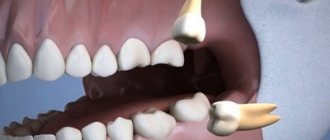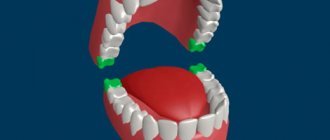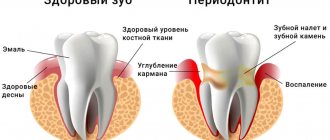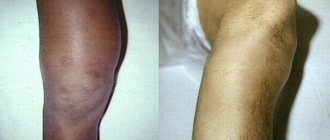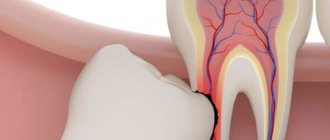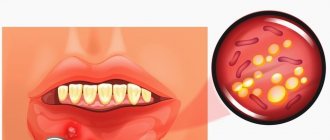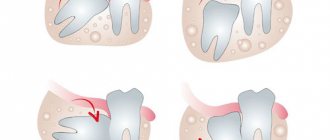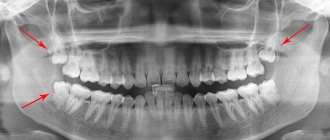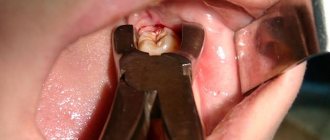Trichotillomania , also known as hair pulling syndrome, is a serious mental disorder characterized by an irresistible urge to pull out one's own hair. This condition carries not only physical consequences, but also significant emotional and social problems.
Symptoms of trichotillomania:
People suffering from trichotillomania often experience extreme tension, anxiety, or stress. Hair pulling can serve as a means of relieving this tension, resulting in temporary relief. However, this relief is replaced by feelings of guilt, shame and worry about the damage caused.
Causes of trichotillomania:
While the exact causes of trichotillomania are not known, genetics, brain chemical imbalances, and psychological and emotional factors may be factors. For example, traumatic events, depression, and anxiety disorders can contribute to the development of this disorder.
Physical effects:
Hair pulling can lead to serious physical consequences, such as the formation of empty patches on the skin, inflammation of the hair follicles, and infections. Additionally, repeated pulling can cause hair loss in the affected areas.
Diagnosis and treatment:
Diagnosis of trichotillomania is usually based on clinical signs and the patient's history. Treatment includes psychotherapeutic techniques, such as cognitive behavioral therapy, aimed at changing destructive behavioral patterns. In some cases, the doctor may also prescribe medications to reduce symptoms.
Implications for quality of life:
Trichotillomania can seriously affect a patient's quality of life. Social isolation, low self-esteem, and possible physical complications create difficulties both in daily life and in interpersonal relationships.
Support and understanding:
It is important to understand that trichotillomania is a medical condition that requires a comprehensive approach to treatment. Support from loved ones, understanding of others and timely medical assistance play a key role in overcoming this disorder.
Trichotillomania is a challenge for the patient, his family and healthcare professionals. But with the right treatment and support, many people with this disorder can experience reduced symptoms and an improved quality of life.
